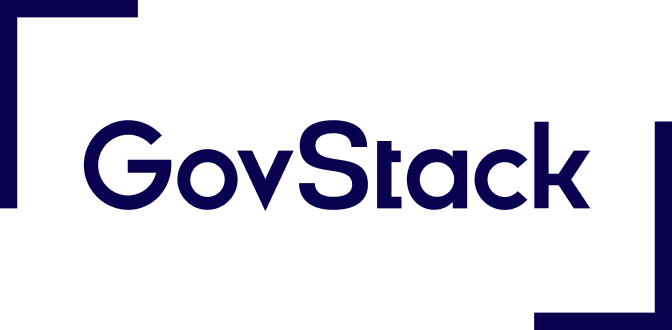- ICT applications
- E-government
- Digital transformation
- English
- Ayush Shukla
Introductory
Event organizer(s)

Initiative

Description
This self-paced training course provides an introductory exploration of the Information Mediator Building Block (IMBB), designed for individuals involved in driving digital transformation and enhancing government interoperability. Centered on the principles of secure, efficient, and standardized data exchange, the course highlights the critical role of information mediators in fostering connected digital ecosystems.
Through 7 comprehensive modules, participants engage with key concepts, tools, and methodologies, while developing practical skills to design, implement, and manage information mediators. The course emphasizes the importance of interoperability in advancing digital public infrastructure (DPI) and supporting whole-of-government approaches. Learners are equipped with the competencies to integrate the Information Mediator Building Block into diverse projects, enabling seamless data sharing across government agencies, private sector stakeholders, and international partners.
By understanding the value of secure and efficient data exchange processes, participants are empowered to drive impactful change in their digital development initiatives. This course ultimately supports the realization of sustainable, inclusive, and transparent digital ecosystems aligned with the UN Sustainable Development Goals (SDGs).
Policymakers, decision-makers in public and private sectors, digital transformation specialists, IT professionals, innovators, entrepreneurs, researchers, academics, and industry professionals seeking to enhance interoperability, secure data exchange, and drive digital public infrastructure development.
No prior knowledge or qualification required. This course is open to all interested digital services.
Upon completion of this course, participants will be able to:
- Apply interoperability frameworks to design and implement secure, efficient, and standardized data exchange systems.
- Analyze the role of Information Mediators in enhancing digital public infrastructure and supporting whole-of-government approaches.
- Demonstrate proficiency in utilizing tools and methodologies to develop, deploy, and manage Information Mediator Building Blocks.
- Synthesize best practices and case studies to inform decision-making on data exchange and system integration.
- Collaborate effectively with stakeholders to ensure cross-sectoral alignment in the design and implementation of interoperability solutions.
- Address security, privacy, and data protection considerations when designing and managing information exchange platforms.
- Design actionable steps to implement and sustain Information Mediator Building Blocks in national, regional, or sectoral digital transformation projects.
The methodology for this course is self-paced and it includes tasks in the form of knowledge checks, case studies, self-study materials, resources, and expert-led video recordings. These components engage participants in practical application, analysis of real-world examples, interactive exercises, reflective practice, and insights from industry experts.
Quiz 1 25%
Quiz 2 25%
Quiz 3 25%
Quiz 4 25%
A total score of 80% or higher is required to obtain the ITU badge
Module 1 GovStack Building Blocks approach and Purpose
Learning Outcomes
- List the 3 types of approaches to creating Identity Systems.
- Explain the Information mediator BB (IM BB) in terms of its components and integrating it with existing identity systems.
- Explain key terminologies used for the IM BB.
Activities
Self-study, Case studies, end of module quiz
Module 2 Key Digital Functionalities and Functional Requirements
Learning Outcomes
- Describe the core services required for the IM BB and management of key functionalities such as identity, credential, subscription and Administration.
- Explain the requirements of each component including cross-cutting requirements, as well as the technical capabilities of the IM BB.
Activities
Self-study, Case studies, end of module quiz
Module 3 Data Structures
Learning Outcomes
- List resource model and the data objects involved.
- Describe the data structures involved in identity verification and identity management.
Activities
Self-study, Case studies, end of module quiz
Module 4 Service APIs, Workflows and Infrastructural Considerations
Learning Outcomes
- Explain the use of APIs in the implementation of the IM BB.
- Describe the endpoint APIs and various linkages between them in the context of identity usage and identity management.
- Explain the internal workflows involved.
Activities
Self-study, Case studies, end of module quiz
Module 5 Use-Cases
Learning Outcomes
Describe the use of IM BB in digital services in real-world contexts
Activities
Self-study, Case studies, end of module quiz
Module 6 Video Presentation from experts
Learning Outcomes
GovStack technical experts from GovStack Deep Dives. The same content is presented in lecture format. Provides a summary of the content in lecture format
Activities
Self-study
Module 7 Example of Identity Building Block in Actions
Learning Outcomes
Demonstrate IM BB and its use case in the GovStack Sandbox
Self-study
